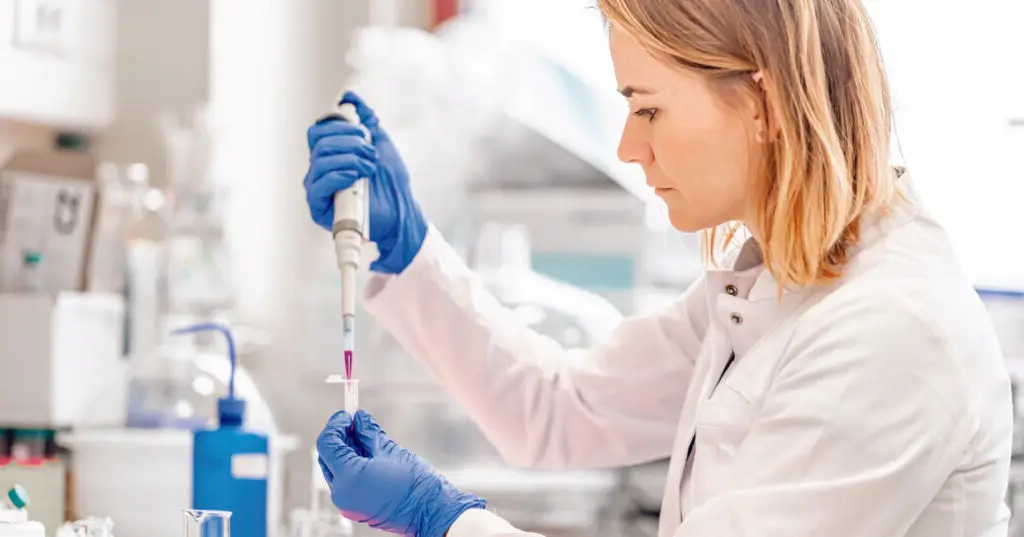From psychedelic drug research, to advancing a Bill for recovery, cards are stacked to defeat opioid addiction

As the opioid epidemic continues to grow, advocates in Kentucky urge the state to look into a psychedelic drug, ibogaine, as a potential treatment option for opioid addiction, claiming it can save lives.
A state committee is considering funding research for the psychedelic drug as a treatment option. As the opioid crisis spreads, an urgent solution to combat the crisis becomes more apparent than ever. This marks the first time in history a psychedelic drug has ever been consideredI as a type of treatment for opioid use disorder.
The psychedelic drug is derived from the iboga plant, a bush native to Central Africa. In the U.S., ibogaine is classified as a Schedule 1 drug. This psychedelic is unregulated in other countries such as Mexico, where it is commonly used as treatment for opioid use disorder. However, it has gained controversy due to the fact that without the appropriate medical supervision, the drug can inflict health risks and even cause death.
According to Genis Ona, a research coordinator at the International Center for Ethnobotanical Education, currently researching ibogaine in Spain, claims that the makeup of the compounds in ibogaine have shown successful treatment for opioid addiction in other countries. However, research is required to identify how it exactly works on the human body.
The Kentucky Opioid Abatement Advisory Commission will be voting on the option for allowing the state to begin funding research. If the vote passes, the research to study ibogaine would require about $42 million. The research amount will be allocated from the $840 million received in settlements from opioid lawsuits against pharmacies, drug makers and drug distributors.
During 2020, drug overdose deaths exceeded 100,000 for the first time. Opioids were the cause of 75 percent of those deaths. By studying the psychedelic drug in the U.S., researchers would have a better understanding of its safety and effectiveness during a dire time of need for addiction treatment.
The proposal of using psychedelics to help people with substance use disorder is nothing new.
Research published in 2022 showed that psilocybin, the hallucinogenic compound in the makeup of magic mushrooms, helped alcoholics reduce their drinking. In 2023, the National Institutes of Health granted funding to Johns Hopkins University for the scientists to study if the same drug can help people quit smoking.
The theory for treatment is that the psychedelic trips, conducted and monitored by a licensed mental healthcare provider, can help and guide their patients process information in a different way to help them get sober.
For example, Bobby Laughlin, a resident in Playa Vista, California, had one powerful trip that helped break his dependence and its cycle from opioids.
Laughlin had been using drugs since college. He first began using prescription pills and quickly became a heroin user. After several trials and tribulations of trying to get clean, the last resort he had left was to fly to Mexico to try ibogaine therapy.
He stated how the single, powerful trip lasting for hours went from being terrifying, to the point he was unable to move, to feeling enlightened. When it was over, he felt completely different and was able to visualize an opportunity to change his life for the better. Laughlin has been sober for more than a decade.
On the other end of combating the opioid crisis, Senator Marshall has made advances on a previously signed Bill to counteract the epidemic by improving addiction treatment nationwide.
The U.S. Senate Health, Education, Labor, and Pensions (HELP) Committee recently held a markup to reauthorize the Substance Use Disorder Prevention that Promotes Opioid Recovery and Treatment (SUPPORT) for Patients and Communities Reauthorization Act.
The Act was originally signed into law during 2018. The SUPPORT Act is congress’ strategy to address substance use disorder prevention by raising awareness and offering solutions through treatment and recovery.
During the markup, the Committee unanimously voted in support of U.S. Senator Roger Marshall’s amendment. The amendment requires the U.S. Food and Drug Administration (FDA) to publish a guide in aiding the pharmaceutical industry to create innovative non-addictive medication when treating chronic pain.
Without directly working together, the Kentucky State Government and the Federal Government are providing solutions on both ends targeting the opioid crisis. On one end, The Kentucky State Government is seeking a different type of treatment that can potentially help treat opioid use disorder. On the opposite end, the Federal Government is raising awareness amongst communities while proposing solutions in treatment and recovery. The national entity is even going the extra mile in having the pharmaceutical industry develop non-addictive pain medication to prevent opioid addiction and overdose.
